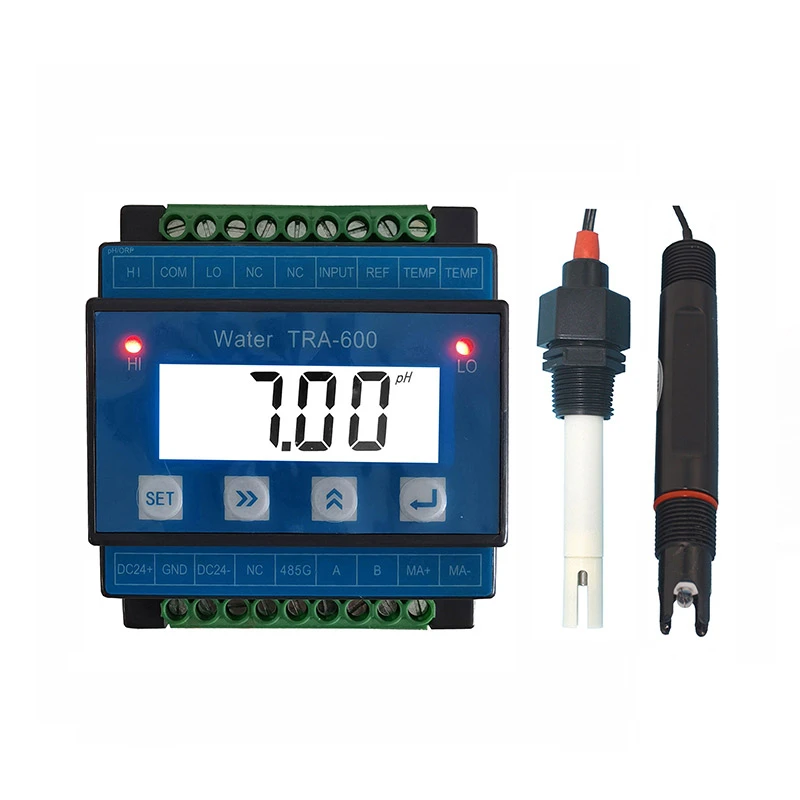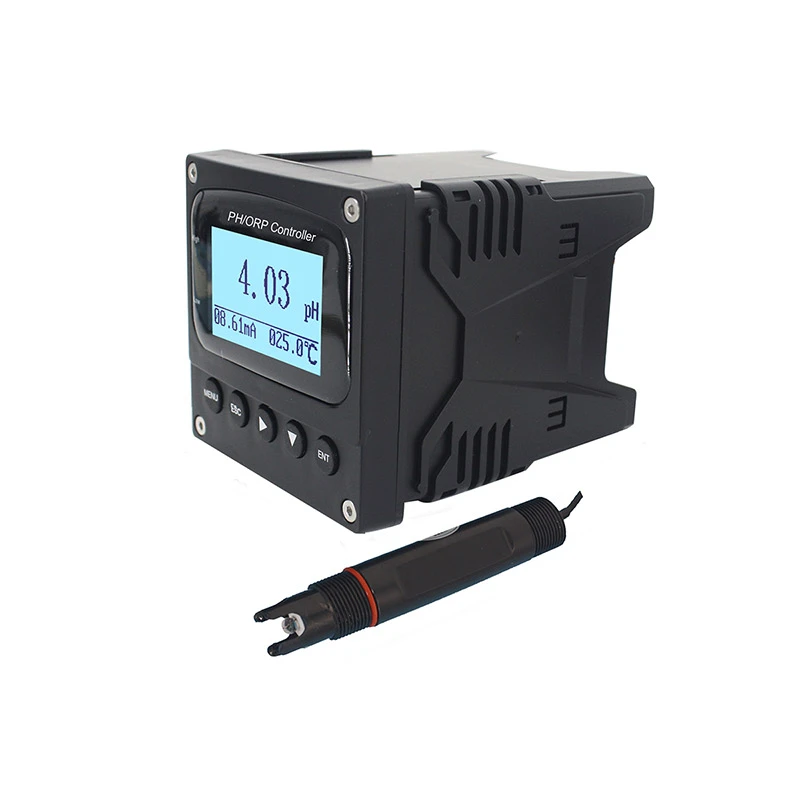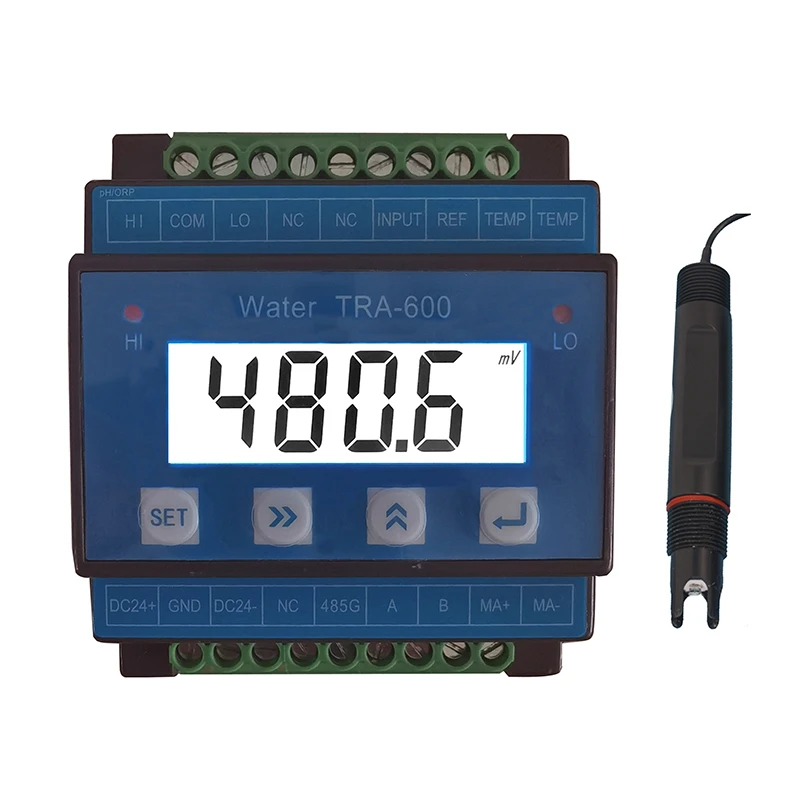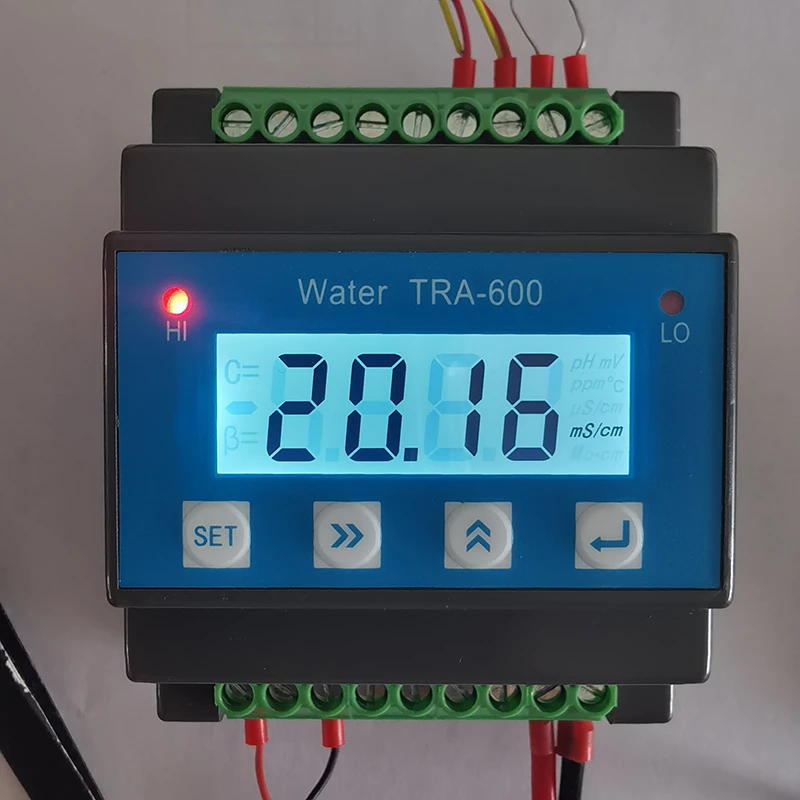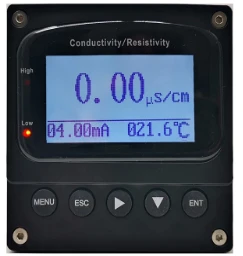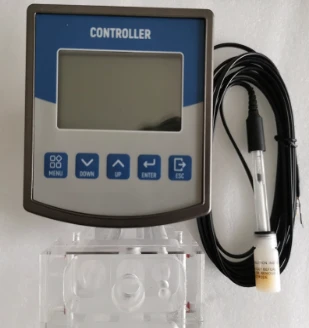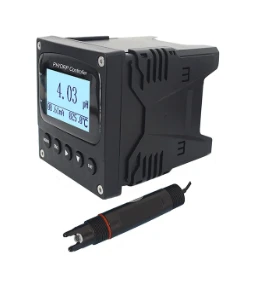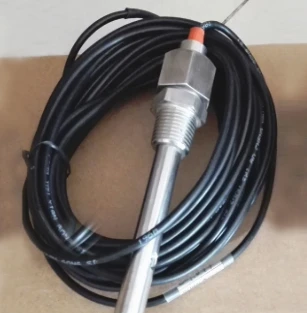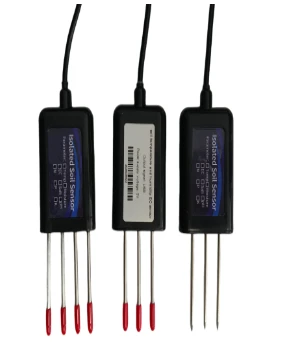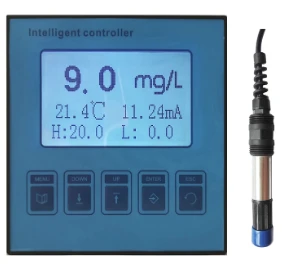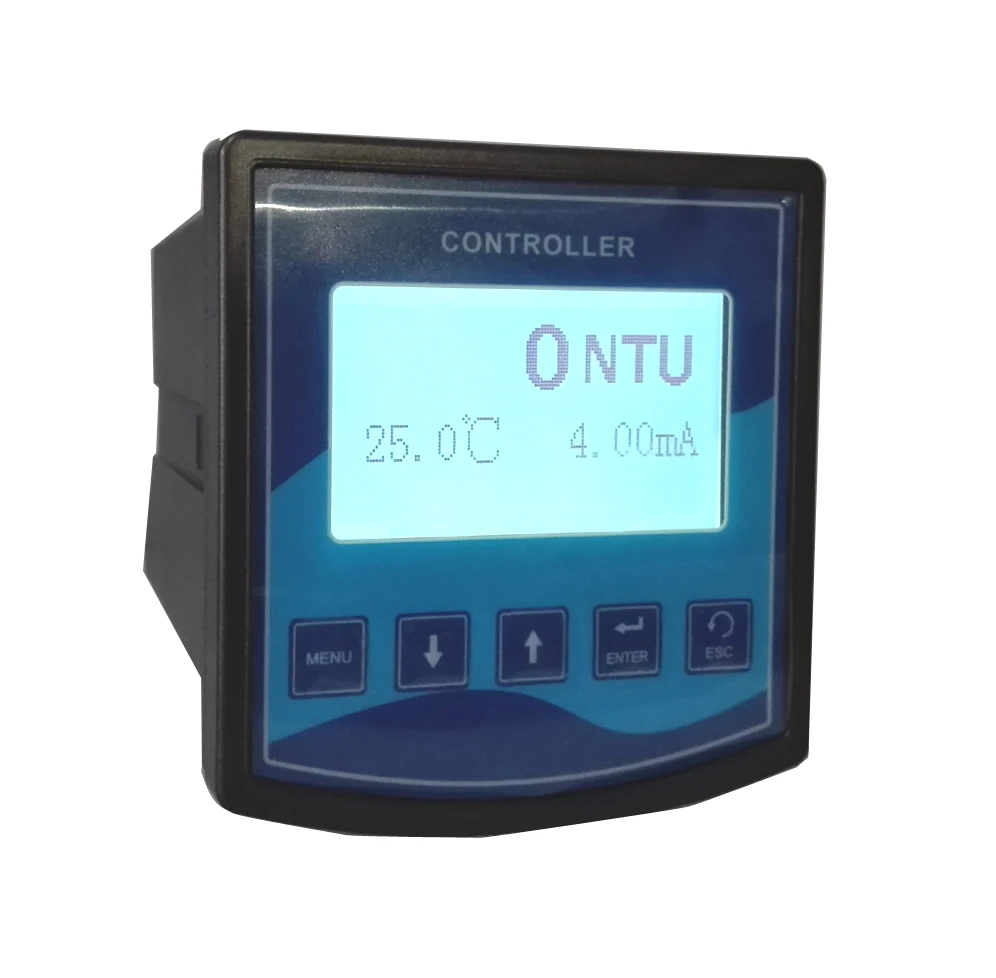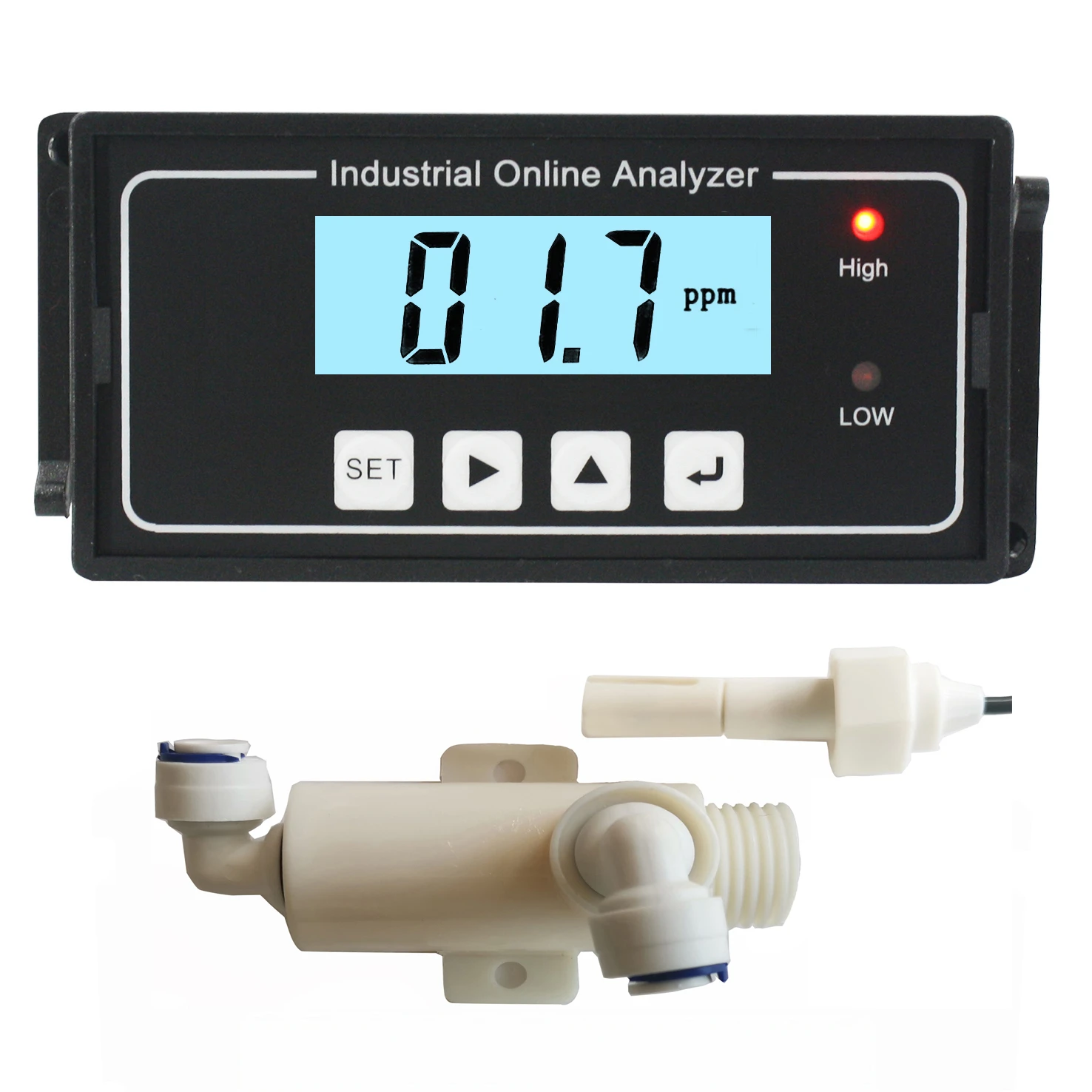Smart Soil Sensor for Precision Agriculture, Real-time Monitoring
Čvc . 29, 2025
Soil Sensor technology is revolutionizing the agricultural, environmental, and industrial sectors by offering real-time insights into soil conditions, thereby enabling data-driven decisions that enhance efficiency, yield, and sustainability. This comprehensive guide explores the latest industry trends, manufacturing processes, pivotal technical parameters, and benchmark use-cases of Soil Sensor solutions with a focus on expertise, authoritativeness, and trust.
Global Soil Sensor Industry Trends (2024-2030)
Recent reports (MarketsandMarkets 2024, Technavio 2024) estimate the global soil sensor market will grow at a CAGR of 12.8% from 2023 to 2030, reaching over USD 1.3 billion by 2030.
- Precision Agriculture: 78% of commercial farms in the US adopted soil moisture or nutrient sensors as of 2023.
- Smart City & Environmental Monitoring: Municipalities apply soil sensors for urban forest health and soil erosion mitigation.
- Industrial Applications: Sectors like petrochemical, metallurgy, and water treatment embed soil monitoring for regulatory compliance and process optimization.
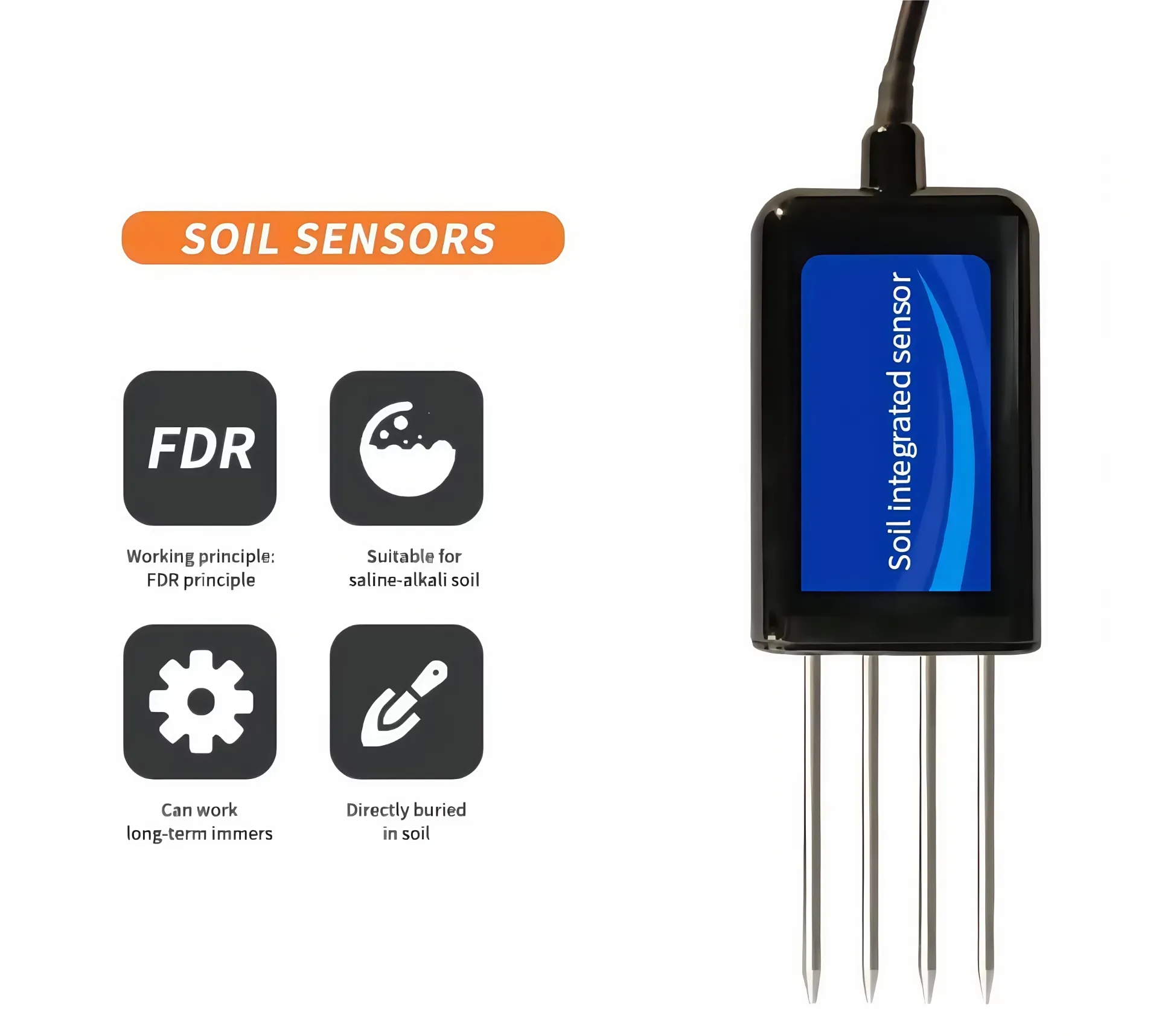
Product Spotlight: Soil Sensor
- Model: Multi-parameter Soil Sensor
- Parameters: Moisture (0–100%), EC (0–20 mS/cm), Temperature (-40°C–+85°C), pH (3.5–9.0)
- Probe Material: 316L stainless steel, eco-friendly polymers
- Ingress Protection: IP68 (fully waterproof)
- Communication: RS485, Modbus RTU, LoRaWAN, 4G
- Operating Voltage: 5-24V DC
- Response Time: <2 seconds
- Certifications: ISO 9001, CE, RoHS, FCC
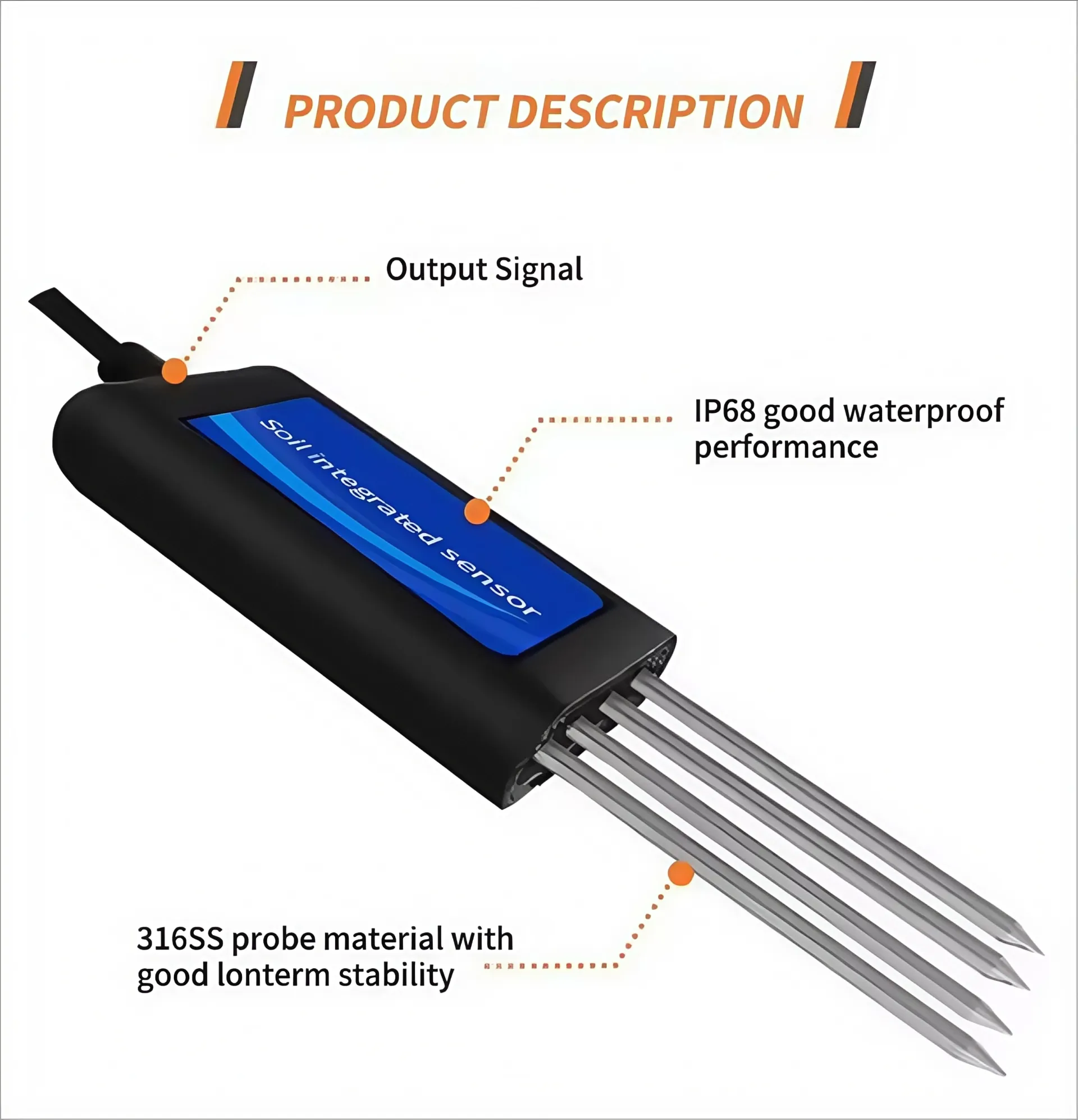
| Soil Sensor Main Technical Parameters | |||||
| Parameter | Value | Accuracy | Response Time | Probe Material | Certifications |
|---|---|---|---|---|---|
| Moisture | 0–100% | ±2% | <2s | 316L Stainless Steel | ISO 9001, CE |
| EC (Electrical Conductivity) | 0–20 mS/cm | ±2% | <2s | 316L / Polymeric | RoHS, FCC |
| pH | 3.5–9.0 | ±0.3 | <3s | Ion-Selective Glass | ISO 9001 |
| Temperature | -40°C–+85°C | ±0.5°C | <1s | Thermistor | CE |
Manufacturing Process: From Material to Cutting-Edge Soil Sensor
The Soil Sensor manufacturing process meets rigorous standards to ensure durability, reliability, and top-tier performance even in harsh environments. This involves precise selection of sensor-grade materials, advanced machining, and thorough quality control compliant with ISO 9001 and ANSI/ASME protocols.
- Material Selection: High-grade 316L stainless steel and biocompatible polymers for the probe body.
- CNC Machining: Precision CNC processes sculpt the probe to micro-tolerances.
- PCB Design & Assembly: Automated placement of SMD sensors, pH electrodes, and microcontrollers.
- Assembly: Ultrasonic welding & laser bonding to ensure robust, watertight seals (IP68 certified).
- Functional Testing: Every unit undergoes automated calibration against NIST-traceable reference solutions with real soil matrix verification.
- Final Inspection: Random sampling, environmental stress screening, and packaging.
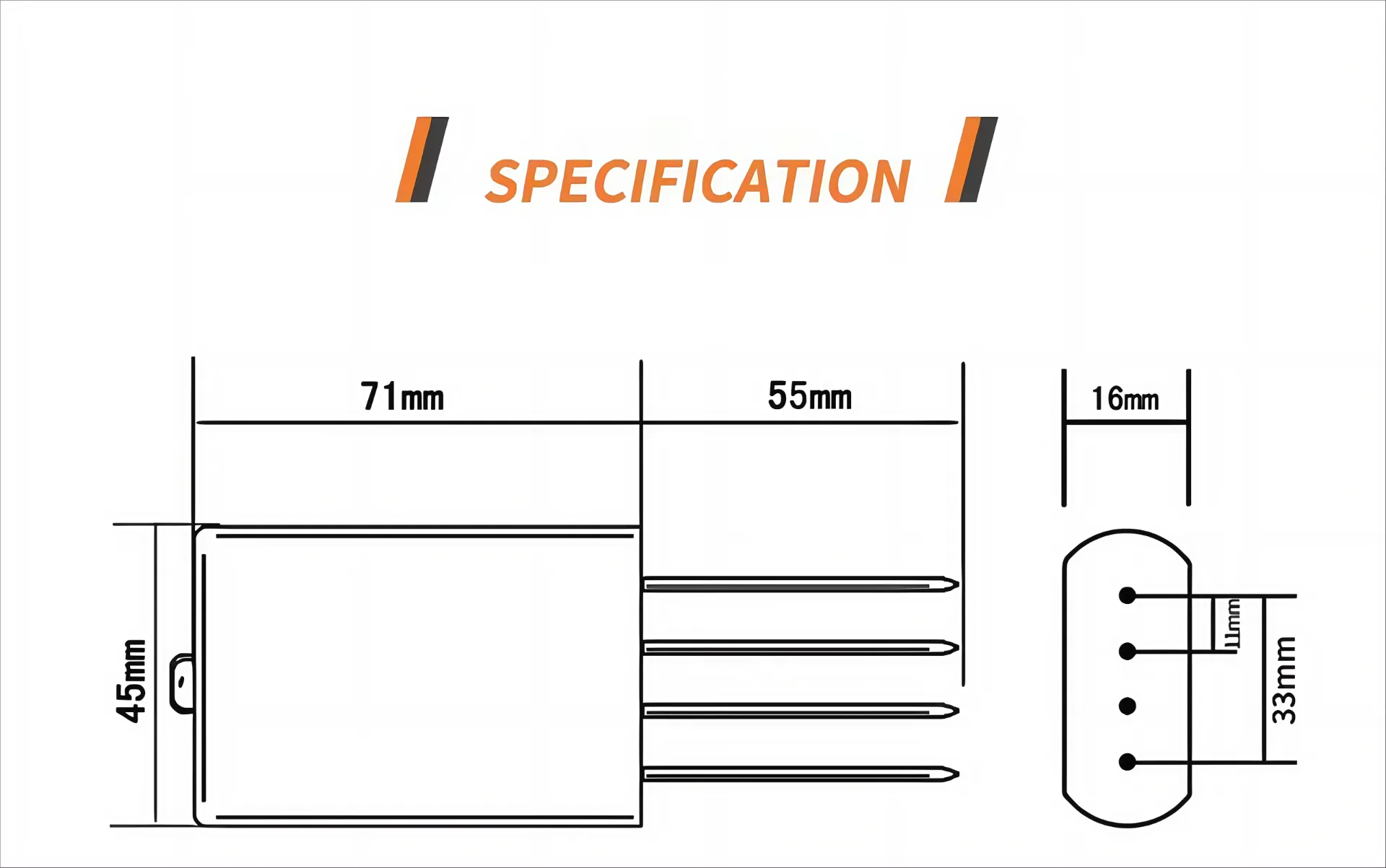
- Materials: 316L Steel, acid/alkali-proof polymer housing tested for ISO 22241-1 and ANSI B31.3 compatibility
- Detection Accuracy: Factory-tested to NIST, IEC, and ASTM standards
- Durability: Designed for a 10-year+ service life even under repeated cleaning and harsh soil conditions
- Industry Certifications: ISO 9001, CE, FDA (for agricultural sensors), RoHS
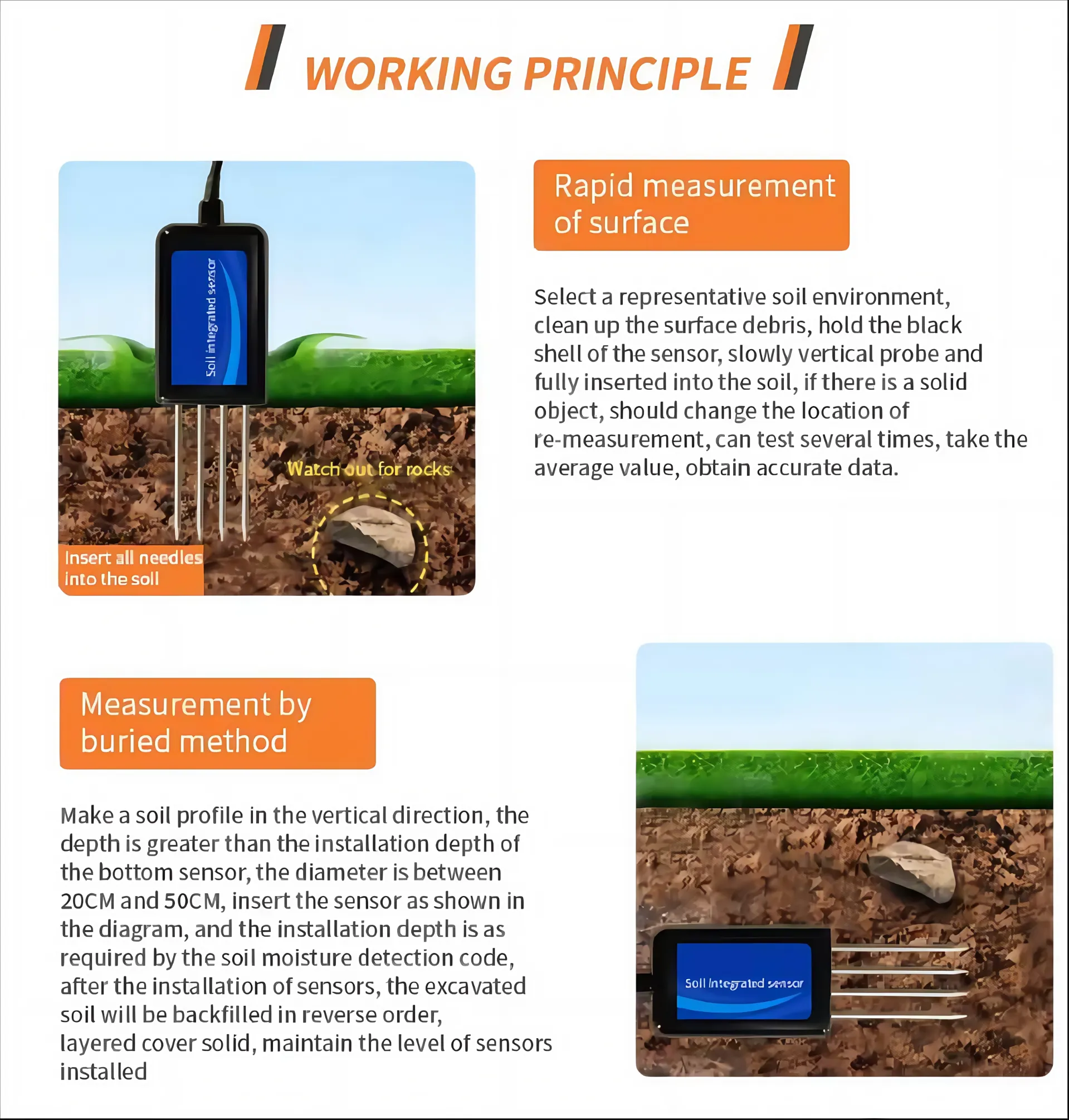
Technical Advantages of Soil Sensor
- High Selectivity: Multi-layered electrode array minimizes cross-parameter interference.
- Rapid Response: Proprietary electronics enable sub-2 second refresh rates.
- Anti-fouling & Self-calibration: Smart algorithms detect probe fouling and auto-calibrate for accuracy.
- Corrosion Resistance: Field-tested in pH 4–9, saline soils, and petrochemical zones.
Manufacturer Benchmarking (2024)
Choosing the right Soil Sensor supplier is crucial for long-term project success. Below is an industry comparison between leading sensor manufacturers based on performance, certifications, and client testimonials.
| Company | Sensor Model | Certifications | Accuracy | IP Rating | Interface | Warranty |
| WAT Equipment | Multi-parameter Soil Sensor | ISO9001, CE, RoHS, FCC | ±2% (moisture) | IP68 | RS485, Modbus, 4G | 3 years |
| Sensirion | SHT33 Soil Probe | CE, RoHS | ±3% | IP65 | I2C, UART | 2 years |
| Delta-T Devices | SM150T | ISO9001, CE | ±4% | IP68 | Analogue, SDI-12 | 2 years |
| Decagon Devices | GS3 | ISO9001, CE | ±3% | IP67 | SDI-12, RS485 | 2 years |
Custom Soil Sensor Solutions
WAT Equipment’s engineers offer end-to-end customization for Soil Sensor application scenarios, including ruggedized housings, tailor-made probe lengths (60–300mm), and wireless cloud integration for IoT frameworks.
- Agricultural—Variable Rate Irrigation (VRI) zoning with cloud-based moisture tracking
- Environmental Remediation—Site-specific monitoring for leachate and pollutant detection
- Industrial—Embedded sensors for wastewater treatment, pipeline leak identification
- Urban Infrastructure—Real-time urban forestry and green roof hydration management
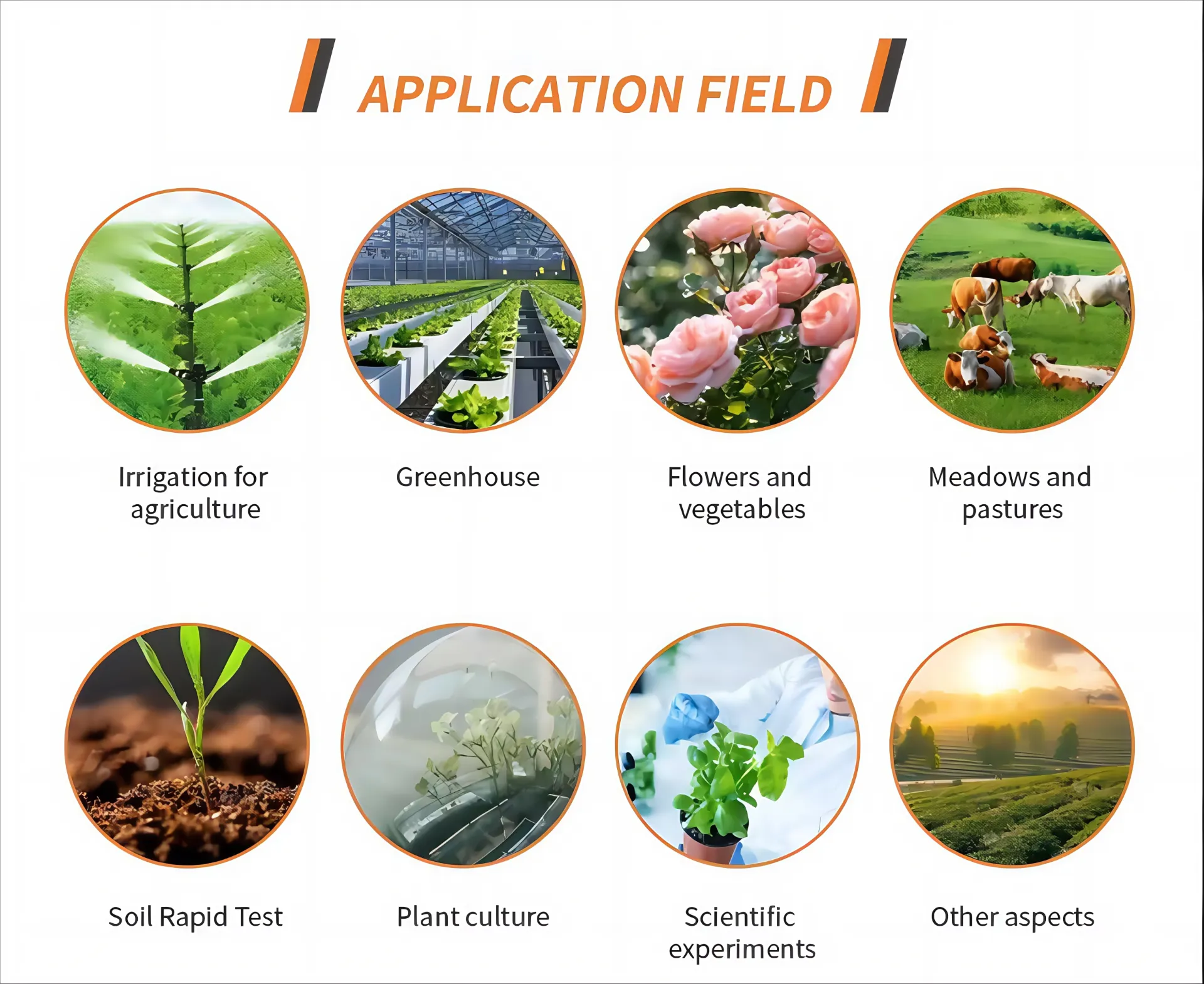

Real-world Application Case Studies
- Smart Irrigation in Israel (Client: Netafim, 2023): Deploying 800+ Soil Sensor units, resulting in 31% water savings, 20% fertilizer reduction, and 12% crop yield increase.
- Petrochemical Soil Monitoring in Saudi Arabia (Aramco, 2022): Continuous EC/pH monitoring for pipeline leak detection. Zero sensor failure over 26 months. All units ISO9001 field-certified.
- Wildlife Reserve in Brazil (2024): Wireless soil monitoring network for rainy-season erosion; 2-year sensor life with zero calibration drift.
- Feedback Highlight (Agritech Client, 2023): “The data granularity & reliability of these Soil Sensors surpasses all previous solutions. Data is live-streamed straight to our agronomy dashboards.”
Certifications, Industry Authority, and Warranty
- Company Accreditation: WAT Equipment—ISO 9001:2015, CE, RoHS certified, 18 years service to >4,000 companies
- Major Partnerships: Netafim, Syngenta, Saudi Aramco, Veolia Water
- Testing Protocols: Independent third-party lab calibration to IEC, NIST standards
- Warranty/Support: Full 3-year warranty, lifetime support, 5-day expedited delivery for OEMs
Soil Sensor Expert FAQ
What material is used for Soil Sensor probes, and why?
What is the recommended installation standard?
How does Soil Sensor maintain accuracy and calibration?
Which communication interfaces are supported?
What certifications do leading Soil Sensor models carry?
How long is the product’s lifespan and support?
Can Soil Sensor performance be customized for different soils?
Lead Times, Guarantee & Service Commitment
- Lead Time: Standard models typically ship within 5–7 business days; custom configurations 10–14 days.
- Warranty: Full 3-year replacement guarantee for hardware faults or significant calibration drift.
- Global Customer Support: 24/7 email & hotline service, remote diagnostic support, and multi-language manuals (EN, ES, FR, AR, ZH).
- Optional On-site Service: Installation, commissioning, and operator training available worldwide.
References & Industry Authority
- MarketsandMarkets: Soil Sensor Market Report 2024-2030
- PrecisionAg Alliance Forum, Soil Sensor Usage Trends: Discussion Board
- IEEE Sensors Journal: Recent Soil Sensor Tech Papers
- FAO Irrigation Guidelines: Best Practices for Sensor-Based Irrigation
- USDA Agriculture Sensor Testing, 2023: Sensor Validation Study
Related Products
Related News











